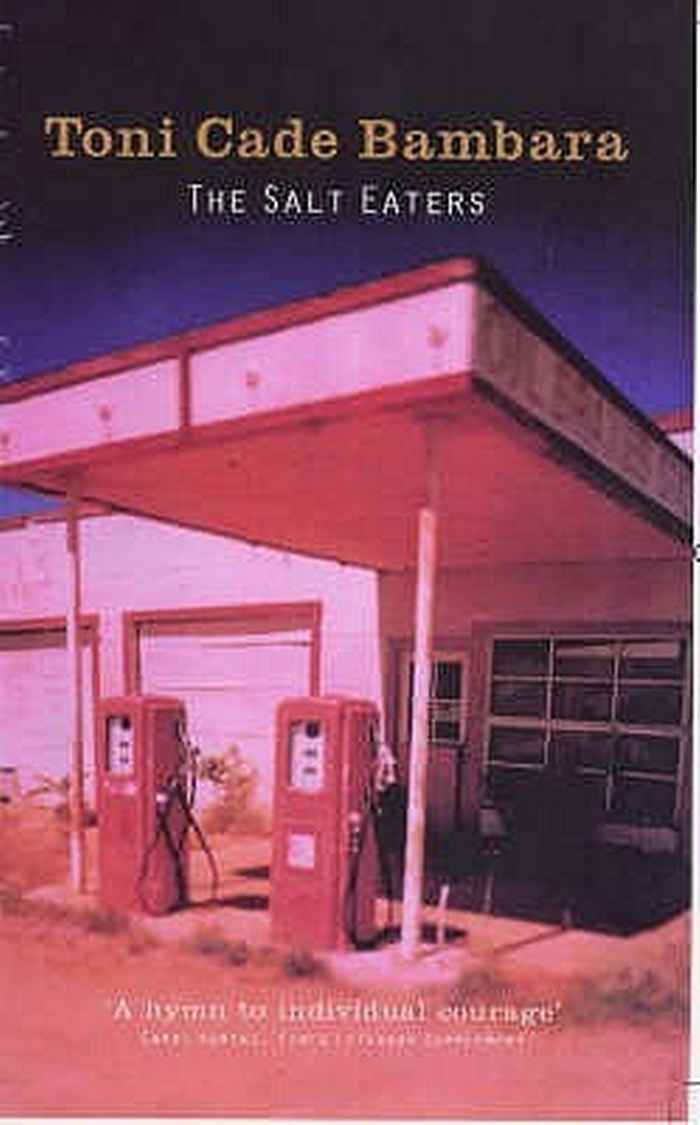“Starting back toward life”: Post-countercultural Anarchism in Toni Cade Bambara’s The Salt Eaters
- Date
- 3 April 2025
- Time
- 17:00

Toni Cade Bambara is one of a number of writers working in the 1970s and early 80s whose work is deeply imprinted by experiences of American political counterculture. Her novel The Salt Eaters (1980) recounts the healing journey of the protagonist Velma Henry, who has attempted suicide following a breakdown brought on by the pressures of combining motherhood, paid work and social activism, as well as by a deep sense of the injustice of male leaders’ failure to value women’s contributions to the movement. Set in the fictional town of Claybourne, Georgia, the novel’s experimental style captures the texture of Velma’s psychological experience, as well as the ripple effect of her breakdown on the larger community. It’s a work that can be seen as an expression of the Black Arts Movement, reflecting powerfully on the failures and missed opportunities of Civil Rights and Black Power politics.
But Bambara, a “brazenly message writer,” also offers solutions. In the context of what I see as a general, albeit largely unacknowledged, turning of Left politics toward social anarchism in the post-countercultural period, I argue in this paper that a reading of the experiences that trigger Velma’s suicide attempt and of the successful healing process that she undergoes provides insights into how communities that work on anarchist principles offer, for Bambara, hope for social and individual wellbeing. I also suggest that the novel’s unusual structure mimics the horizontal, web-like societies envisaged within social anarchism. Social anarchism, as I discuss it here, is a non-revolutionary approach to social organisation that seeks to promote maximum individual autonomy in combination with flexible, cooperative communities. Following the anarchist theorist David Graeber, I move away from conventional understandings of anarchism grounded in Western theoretical tracts, instead treating anarchism as both an everyday contemporary practice that can coexist with capitalist economies, and a transhistorical, global principle that has formed the basis of many communal societies. As such, Bambara’s engagement with anarchist ideas is of a piece with her Afrocentric worldview.
Dr Jo Freer is Senior Lecturer in American and Postcolonial Literature in the Department of English and Creative Writing at the University of Exeter. She is the author of several works on the American novelist Thomas Pynchon, including the monograph Thomas Pynchon and American Counterculture (Cambridge UP, 2014), and is (co-)editor of essay collections including The New Pynchon Studies: Twenty-First Century Critical Revisions (Cambridge UP, 2019) and Thomas Pynchon, Gender, and Sex (Georgia UP, 2018).